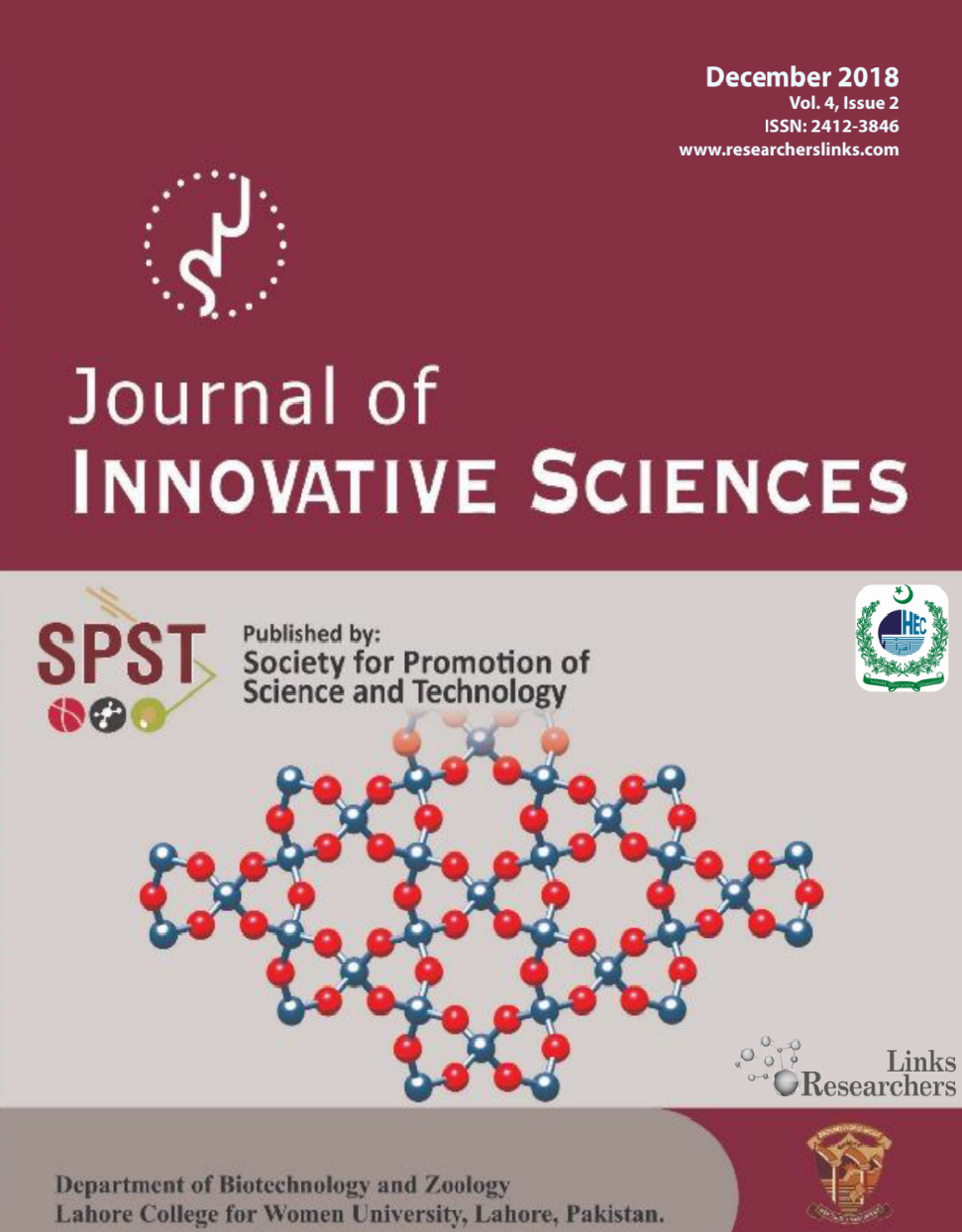1Department of Human Nutrition & Dietetics, Bacha Khan University, Charsadda, KPK, Pakistan; 2Department of Biotechnology, Bacha Khan University, Charsadda, KPK, Pakistan; 3College of Food Science and Engineering, Northwest A&F University, Yangling, Shaanxi, 712100, PR China.
*Correspondence | Iftikhar Alam, Department of Human Nutrition & Dietetics, Bacha Khan University, Charsadda, KPK, Pakistan; Email: [email protected]
ABSTRACT
Data on priority research areas are scarce such that decision making on the types of research in nutrition is tough both for researchers and health policy makers. Defining research priorities is important for proper planning in nutrition. The objective of the present study was to identify most important nutrition research areas of the highest priority in order to be more focused on decision making issues concerning nutrition research promotion. This study was descriptive in nature and utilized a three-round Delphi technique to identify and make consensus on opinions regarding priority research areas from experts in the field of nutrition. The initial questionnaire for ‘Round one’ consisted of single-open-ended, asking the experts to identify at least five most important nutrition research areas. Consequent upon repeated consensus building process, the experts identified and agreed upon ten most important nutrition research areas. The three most important of these, as rated by participants, were: undernutrition and its determinants, factors and nutritional determinants of low birth weight (LBW), and factors and nutritional determinants of stunting and wasting. These priorities should direct future research activities in the field and be reflected in research policies of the country. We recommend larger research studies also including more diverse experts’ opinion.
To share on other social networks, click on any
share button. What are these?




